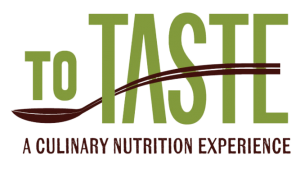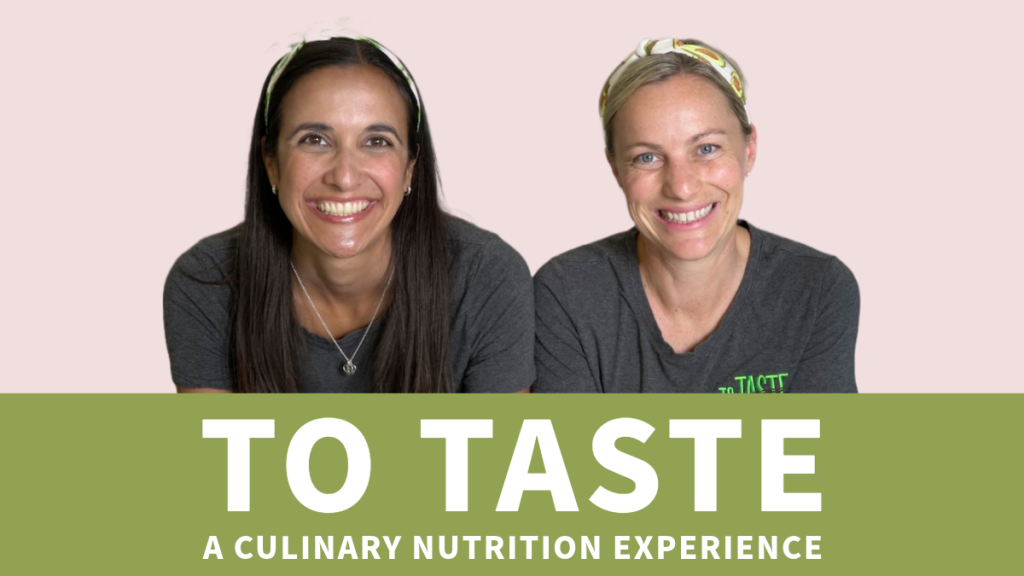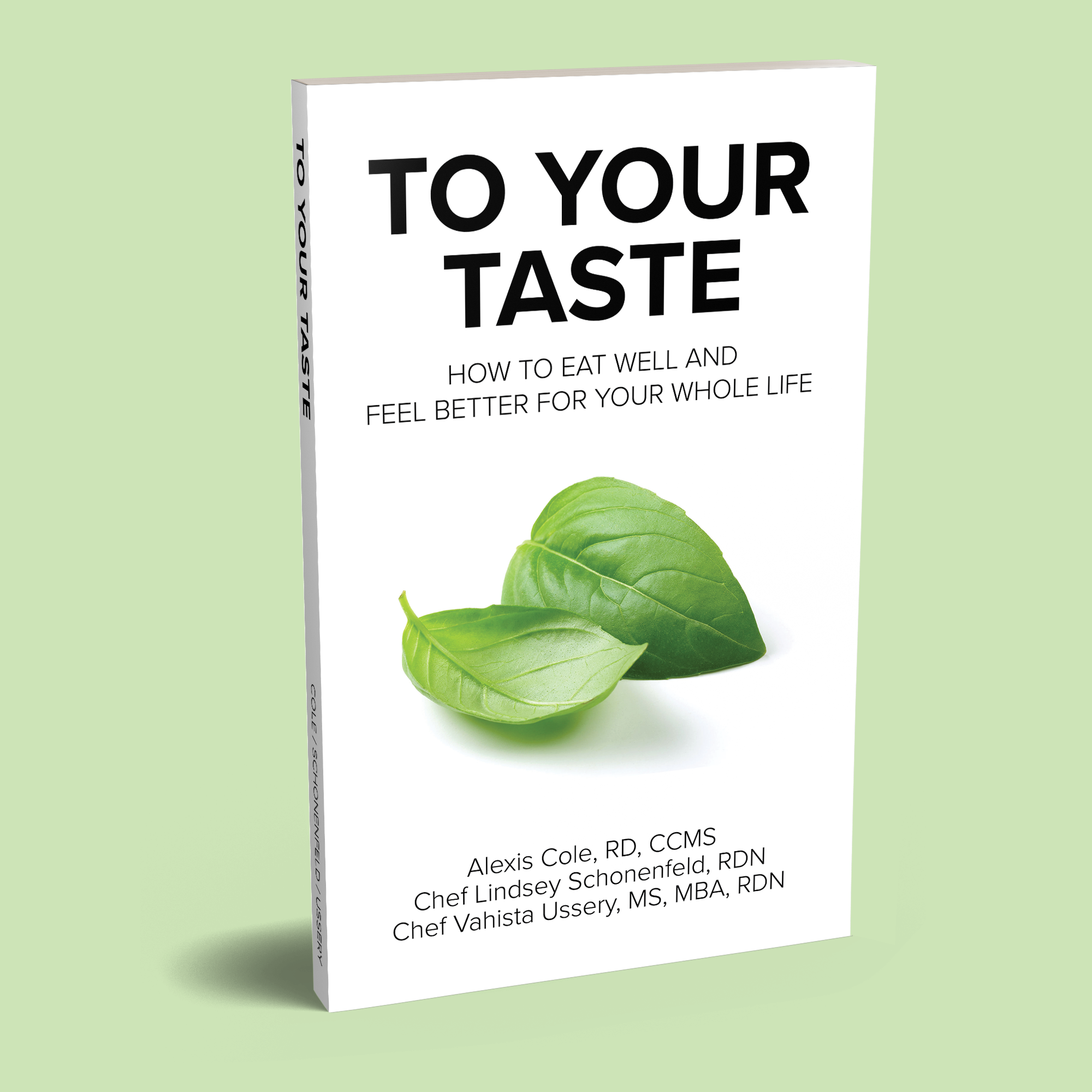With summer vacations and beach days ahead, juice cleanses may seem like a tempting option to drop a few extra pounds. Other people may turn to juice cleanses as a way to “reset” the body after a few weeks of heavy eating or drinking. This article aims to answer the question, “are juice cleanses healthy?”. We will cover what a juice cleanse is, its potential benefits and risks, and alternatives to juicing that can help you feel your best!
What are juice cleanses?
Juice cleanses, also known as juice fasts, are a type of diet in which a person consumes only fruit and/or vegetable juices for a set period of time, usually ranging from one to several days. The idea behind a juice cleanse is to give the digestive system a break from processing solid foods and to flood the body with nutrients from fresh produce.
Those who take part in juice cleanses believe that they can help to detoxify the body, improve digestion, boost the immune system, and promote weight loss. However, there is limited scientific evidence to support these claims, and some health experts caution that juice cleanses may be harmful for certain people, such as those with diabetes or kidney disease.
Pros and Cons of Juice Cleanses
Juice cleanses have gained popularity as a way to detoxify the body, promote weight loss, and increase nutrient intake. However, like any dietary approach, juice cleanses have both pros and cons to consider. We will explore the advantages and disadvantages of juice cleanses, shedding light on its potential benefits and drawbacks.
Pros: Juice Cleanse Benefits
Increased Fruit and Vegetable Consumption
Juice cleanses involve consuming a variety of fruits and vegetables, which may encourage individuals to increase their intake of these nutritious foods both during and after the juice cleanse. This can be a helpful boost for those who struggle to consume enough fruits and vegetables in their regular diet. (1)
Increased Nutrient Intake
Juice cleanses can provide a concentrated source of vitamins and minerals from fruits and vegetables. By consuming a variety of juices, individuals may potentially increase their intake of these beneficial nutrients which are essential for overall health and well-being. (1)
Antioxidant Boost
Fruits and vegetables used in juice cleanses are rich in antioxidants, which help protect the body against oxidative stress and inflammation. Antioxidants may help lower risks of chronic diseases, such as heart disease and certain types of cancer. (2)
Hydration
Juices are primarily water-based, which can contribute to hydration. Staying hydrated is important for various bodily functions, including digestion, circulation, and temperature regulation.
Cons: Juice Cleanse Downsides
Lack of Fiber
Juicing removes most of the fiber found in the skin and pulp of fruits and vegetables. Fiber is important for promoting digestive health, regular bowel movements, stable blood sugar levels, healthy cholesterol levels, and keeping you feeling full between meals. The lack of fiber in juice cleanses can lead to digestive issues, such as constipation, and may not provide the same benefits as consuming whole fruits and vegetables.
Insufficient Protein and Healthy Fats
Juice cleanses contain little to no protein or healthy fats, which are essential for numerous bodily functions. Protein helps with muscle repair, tissue growth, and hormone production.Healthy fats provide energy, support brain health, and help you absorb certain vitamins. Without adequate protein and fat intake, you may experience muscle loss, fatigue, and/or nutrient deficiencies. (3)
Calorie Restriction
Juice cleanses often involve a significant reduction in calorie intake. While this may lead to initial weight loss, prolonged calorie restriction can slow your metabolism, making it harder to maintain weight loss in the long term. Severe calorie restriction can also result in nutrient deficiencies, decreased energy levels, and potential muscle wasting.
Blood Sugar Imbalances
Juices, especially those made predominantly from fruits, can be high in natural sugars. Consuming large quantities of fruit juices without the fiber to slow down sugar absorption can cause rapid spikes in blood sugar levels, potentially leading to energy crashes, irritability, and cravings. This can be especially problematic for individuals with diabetes or insulin resistance. (4)
Unsustainability and Lack of Long-Term Results
Juice cleanses are a short-term approach rather than sustainable lifestyle change. Once you resume a regular diet, you are likely to regain any weight lost during the cleanse. Long-term success in achieving and maintaining a healthy weight requires adopting balanced eating habits which includes consuming a variety of whole foods along with practicing healthy sleep and exercise behaviors.
Expensive
Juice cleanses can be costly. Pre-packaged juice cleanse programs, in which you purchase a set of juices for a specific duration, can be quite expensive. Additionally, if you opt to make your own juices at home, the cost of purchasing a variety of fruits and vegetables, along with a juicer or blender, can add up.
Fad Diets
Juice cleanses fall into the category of fad diets. Fad diets are temporary by nature, require extreme restrictions, and promise unrealistic results such as quick weight loss or other health benefits. They tend to gain popularity quickly but are not likely grounded in evidence-based nutrition principles. Fad diets often lack balance and are unlikely to lead to long-term optimal health. (5)

Do juice cleanses help you lose weight?
Weight loss during a juice cleanse can vary depending on several factors, including the duration of the cleanse, individual metabolism, initial weight, and activity level.
You may lose weight during a juice cleanse because solid foods are restricted and calorie intake is significantly reduced. However, it’s important to understand that much of this weight loss is likely to be water weight and muscle loss rather than sustainable fat loss.
The initial rapid weight loss experienced during a juice cleanse is primarily due to a reduction in calorie intake and a decrease in carbohydrate consumption. However, this weight loss is most likely temporary, and once you resume a regular diet, you are likely to quickly regain the weight.
Sustained and healthy weight loss involves long-term changes in eating habits, physical activity, and overall lifestyle, rather than relying solely on short-term diets or cleanses. Juice cleanses are not a sustainable approach for weight loss or overall health.
If your goal is to lose weight, focus on a balanced diet that includes whole foods, appropriate portion sizes, regular physical activity, and consistency over time. (6)
Alternatives to Juicing
If you’re looking for alternatives to juice cleanses, there are lots of other ways to promote your overall health and well-being.
Balanced and Nutrient-Dense Diet: Focus on consuming a balanced diet that includes a variety of whole foods such as fruits, vegetables, whole grains, lean proteins, and healthy fats. This approach provides a wide range of essential nutrients, fiber, and antioxidants without the limitations of a juice cleanse.
Mindful Eating: Practice mindful eating by paying attention to your body’s hunger and fullness cues. Eat slowly, savoring each bite, and listen to your body’s signals to prevent overeating and promote a healthy relationship with food. (7)
Increase Fruit and Vegetable Intake: Aim to incorporate more fruits and vegetables into your meals and snacks. They provide important nutrients, fiber, and antioxidants. Add the rainbow of produce to your plate for maximum nutritional benefits.
Hydration: Stay hydrated by drinking plenty of water throughout the day. Water is essential for numerous bodily functions and can help support overall health and well-being.
Regular Physical Activity: Engage in regular physical activity that you enjoy. This can help improve your fitness level, boost your mood, and support weight management. (6)
Portion Control: Pay attention to portion sizes to ensure you’re consuming appropriate amounts of food. Be mindful of your calorie intake and try to avoid excessive portion sizes.
Consult a Registered Dietitian: If you have specific dietary concerns or health goals, it can be helpful to consult a registered dietitian. They can provide personalized guidance and develop a meal plan tailored to your individual needs.
Favorite juice cleanse alternative recipes
Add more fruits and vegetables to your diet using these favorite recipes!
Dairy-Free Smoothies Base Recipe
Roasted Cauliflower Base Recipe
Roasted Rosemary Carrots Recipe
We hope that this article provided you with the information and confidence to take control of your health using a more sustainable, nourishing, and enjoyable approach than juice cleanses.
For more guidance on how to adopt a healthy lifelong eating pattern, check out our Whole Life Meal Plan, where we show you how to cook confidently, simplify nutrition, and feel better (without the BS of trendy juice cleanses!).
To Your Taste!
Brenna Wolfskill (TCU Dietetic Intern)










